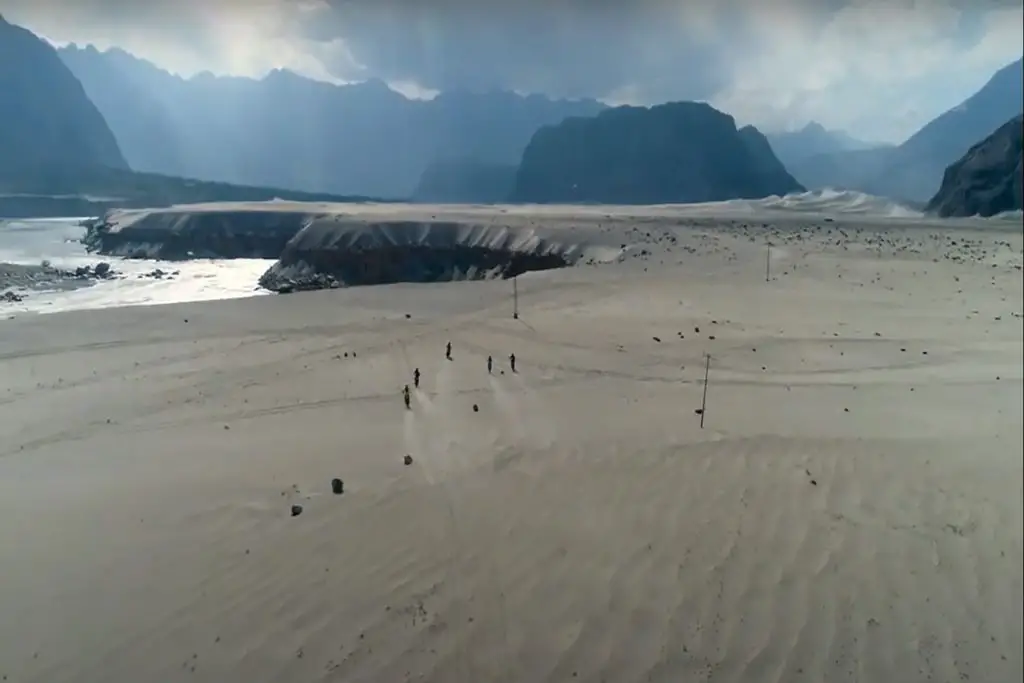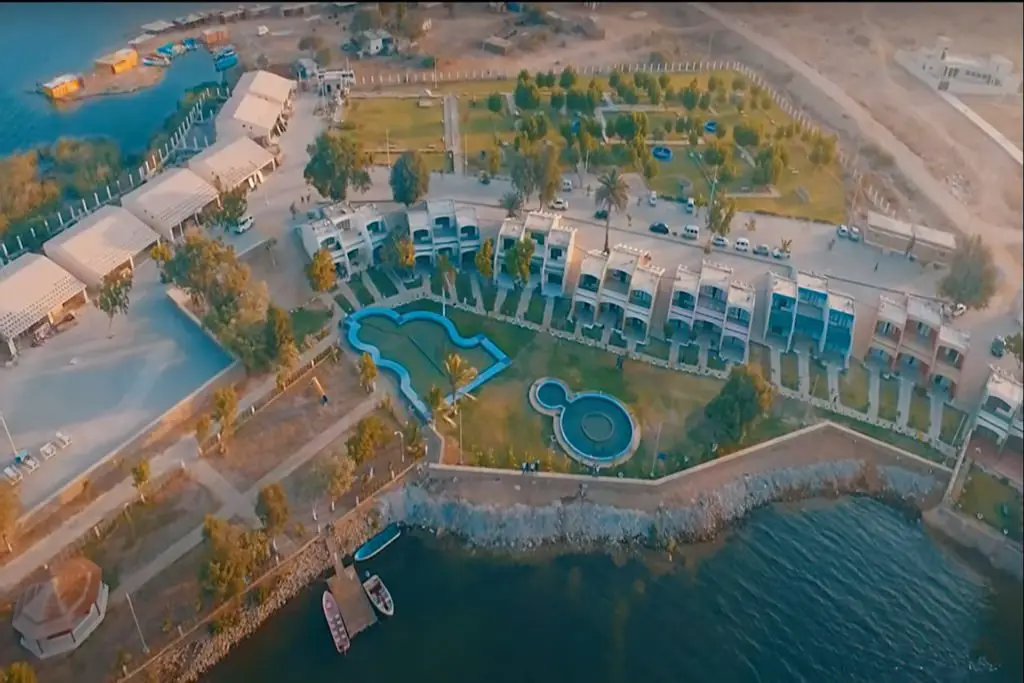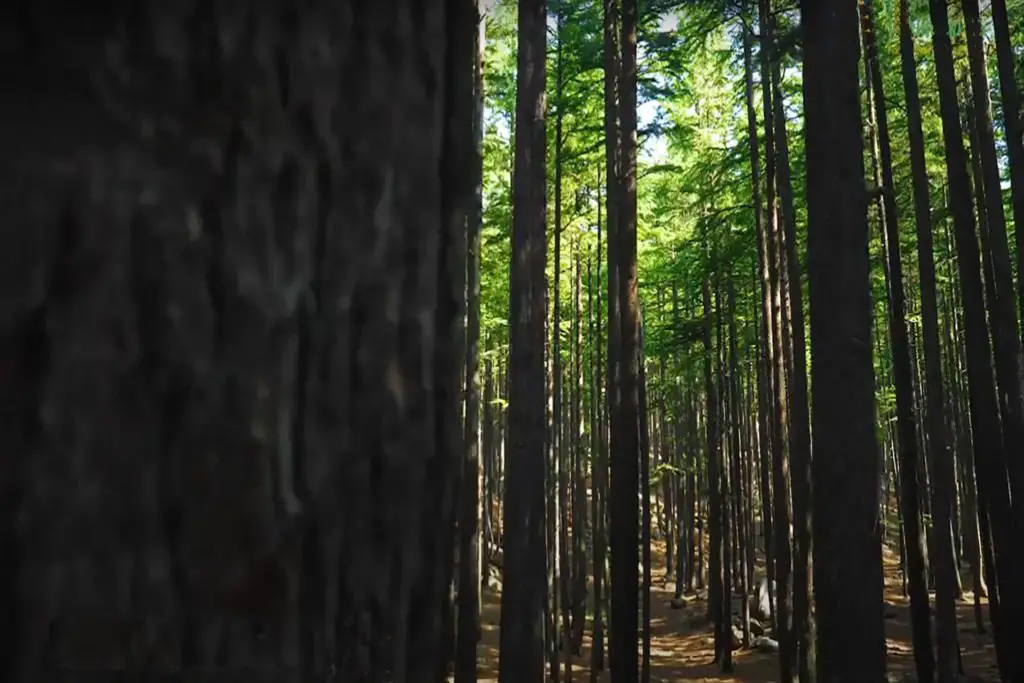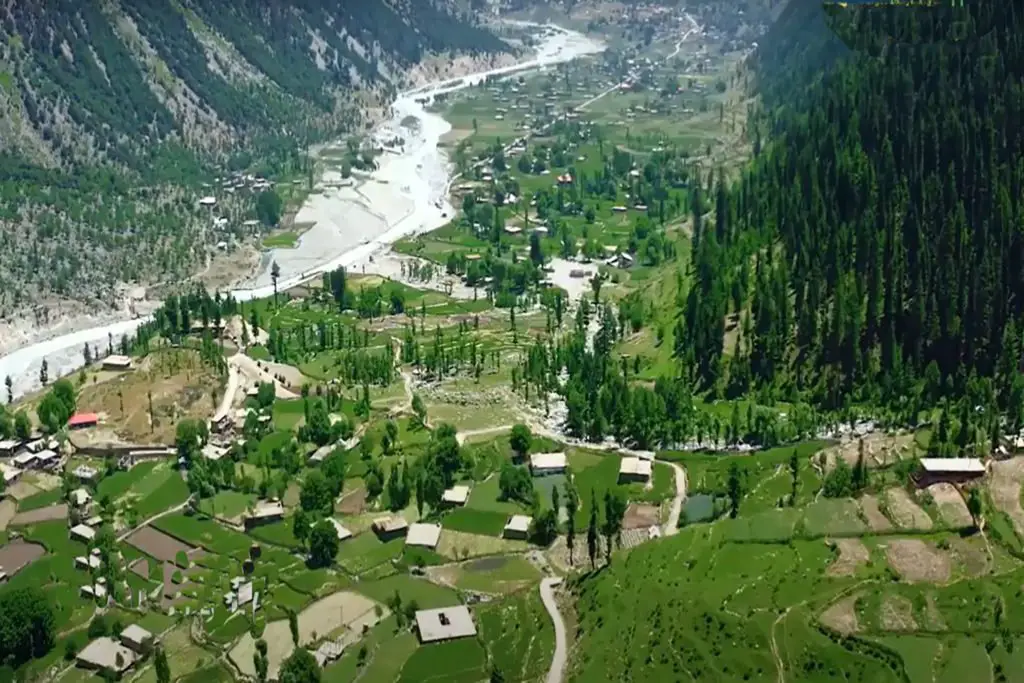The Maldives, renowned for their breathtaking natural beauty and pristine beaches, are facing an environmental challenge that threatens their idyllic paradise – the infamous “Trash Island.” Situated in the Indian Ocean, this floating mass of marine debris poses a serious threat to the Maldives’ delicate marine ecosystem and the livelihoods of its coastal communities.
Understanding Trash Island
Trash Island, also known as Thilafushi, is an artificial landfill located just a few kilometers from the capital city, Malé. Originally envisioned as a solution to manage solid waste, the site has now turned into an environmental nightmare. Since the early 1990s, the Maldives has been depositing thousands of tons of garbage, mostly non-biodegradable, onto Thilafushi daily.
Over the years, the landfill has grown into an immense mound, with trash spilling into the surrounding waters. The waves carry this marine debris back to the shores, severely impacting the fragile coastal ecosystems and pristine beaches that make the Maldives a top tourist destination.
The Environmental Toll
The growing issue of marine debris from Trash Island threatens the Maldives’ unique and diverse marine life. Plastic waste, in particular, poses a significant danger to marine creatures, such as sea turtles, dolphins, and various fish species. Many animals mistake plastic for food, leading to ingestion and entanglement, which often proves fatal.
The presence of marine debris also disrupts the natural habitats of coral reefs and seagrass meadows. Coral reefs are vital to the Maldives, as they provide shelter and food for marine life while acting as natural barriers against coastal erosion and storm surges.
Impact on Tourism and Economy
Tourism is the lifeblood of the Maldives, accounting for a significant portion of its economy. The beauty of its pristine beaches and vibrant marine life attracts millions of visitors each year. However, the growing problem of marine debris threatens to deter tourists and damage the Maldives’ reputation as an unspoiled paradise.
Recognizing the economic impact, the government and local communities are increasingly focusing on environmental conservation and waste management initiatives to protect their natural assets and ensure the sustainability of their tourism-dependent economy.
Sustainable Solutions
Addressing the challenge of Trash Island requires a multi-pronged approach, involving governmental, community, and private sector collaboration. Here are some sustainable solutions being implemented to combat marine debris in the Maldives:
Waste Management Upgrades: Improving waste collection and disposal systems in cities and resort islands, reducing the amount of trash ending up in the ocean.
Recycling and Waste Reduction: Encouraging recycling programs and promoting the use of eco-friendly and biodegradable materials to reduce single-use plastic waste.
Public Awareness and Education: Raising awareness among tourists and locals about the importance of responsible waste disposal and the impact of marine debris.
Beach Cleanup Initiatives: Organizing regular beach cleanup campaigns involving local communities, volunteers, and businesses.
Innovative Solutions: Exploring innovative technologies, such as ocean cleanup devices and waste-to-energy conversion, to tackle marine debris.
The Maldives faces a significant environmental challenge with Trash Island threatening its stunning marine ecosystems and pristine beaches. However, through collective efforts, the country is taking steps to combat marine debris and promote sustainable waste management practices. By preserving their natural assets, the Maldives strives to ensure a thriving marine ecosystem for generations to come and maintain their status as a breathtaking paradise for tourists and locals alike.






